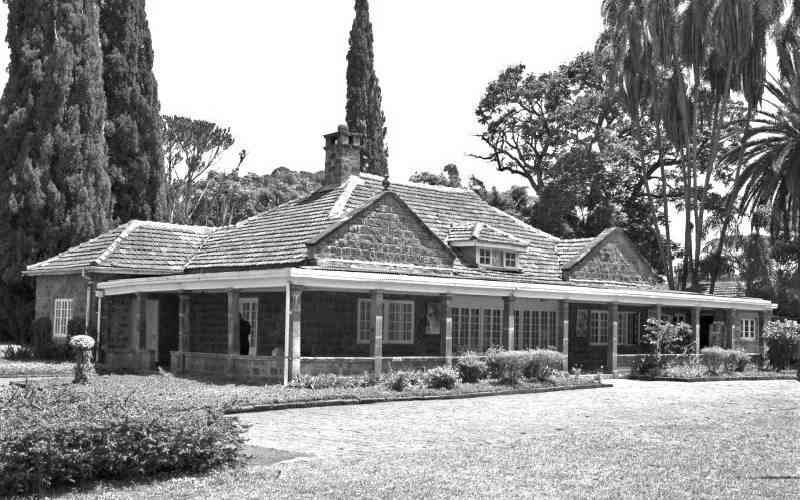×
The Standard e-Paper
Home To Bold Columnists

In the last few weeks, Kenyans have been treated to a circus of sorts as the Independent Electoral and Boundaries Commission sought to establish the academic qualifications of candidates.
While a number of these cases seem to have been resolved, the country has not been short of individuals claiming to possess the requisite qualifications.